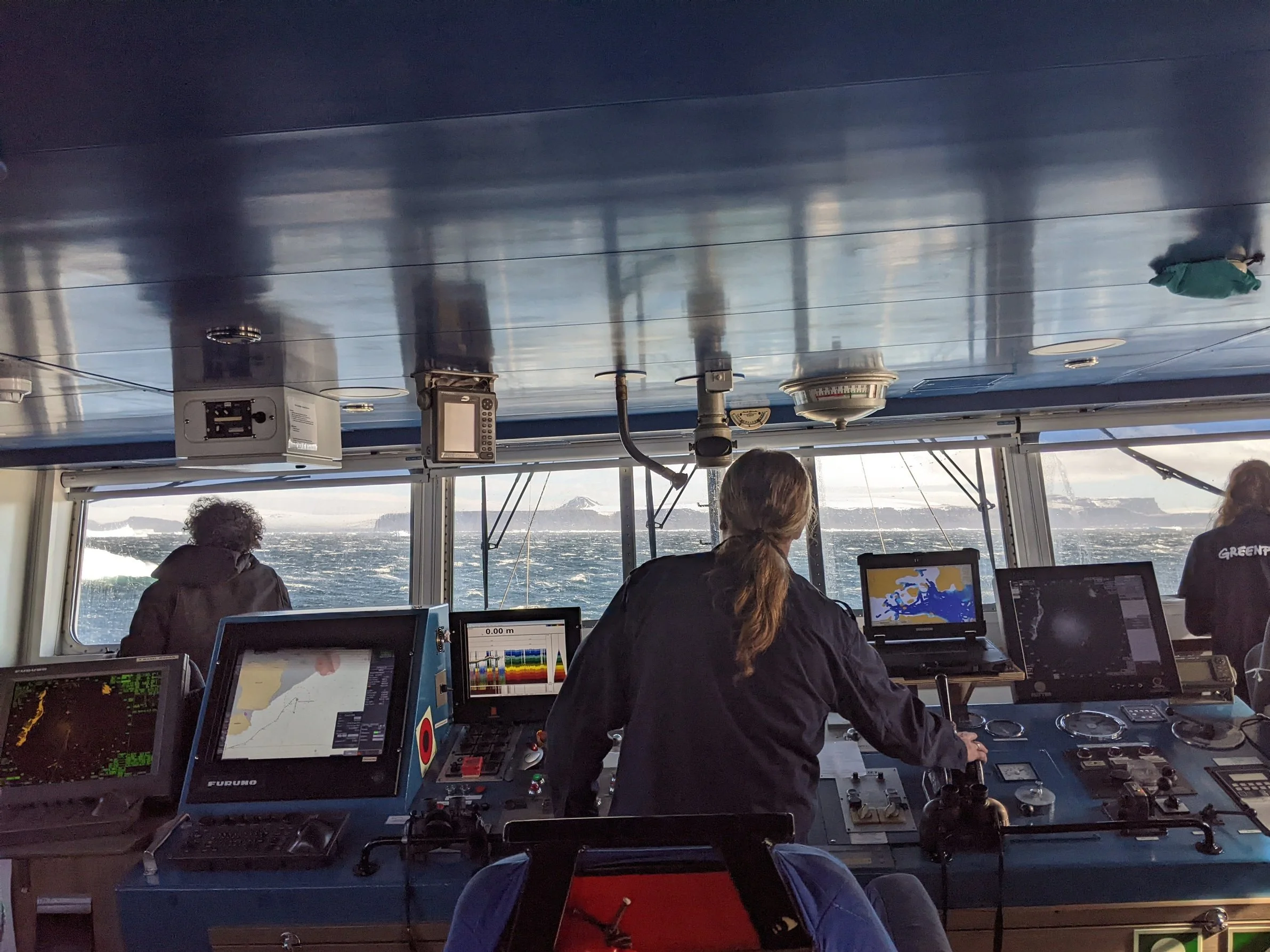
Much of Antarctica is Unexplored
But good conservation needs good data.
Data means get busy
Expeditions
The Danger Islands
Tucked away at the top of the Weddell Sea are seven islands, home to more than 1.5 million nesting Adélie penguins, including their 3rd and 4th most populous colonies. In a region known for howling storms and thick pack ice, we made an ambitious plan to survey the entire archipelago.
Elephant Island
A hundred years ago, Ernest Shackleton’s marooned crew holed up on the exposed north coast of this island for months waiting for rescue. In the intervening years, glaciers have retreated and the Chinstrap penguin population has dropped by half.
Low Island
There are few records of humans on Low Island. In the 1820s, sealers took shelter in its eastern coves. A geological team came ashore in the north. After the devastating drop in chinstrap numbers on Elephant Island, we came to Low Island, home to some of the largest chinstrap colonies in Antarctica proper, to see if things were as bad.
The Weddell Sea
The Weddell Sea, to the east of the Antarctic Peninsula, is remote and icy, but it’s also been spared the worst of climate change - so far. On a Greenpeace icebreaker, we headed down to understand if this region might be a climate refuge for Adelie penguins, a species that’s been hit hard by climate change on the Western Antarctic Peninsula.



